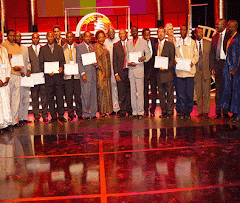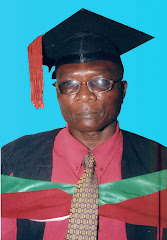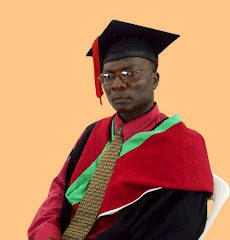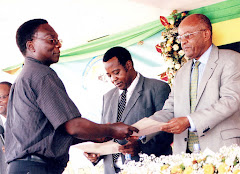Statistics by the Board shows that, over 2,000 engineers of various disciplines in the country have benefited from SEAP program which started almost a decade ago. The program is currently financed by the government, and effect from this year, the Royal Norwegian government has donated USD 1.8 million (About 2 billions Tshs.) to help facilitate the Board’s programe for women engineers working for various disciplines in the country for the next five years. It’s envisaged that the program fits them for their work wherever appropriate, and have also gained enough experience. According to the Board’s Registrar, Engineer Steven Mlote, apart from SEAP, CPD program helps engineers to cope with the development technologies in order to gain hands on skills as everything is done by use of computers. Under this program, an engineer is liable to complete a minimum of 30 professional development units in a year. These are secured after attending workshops and lectures organized by the Board, then later on exams follows. In total an engineer is required to complete 90 units for three years in order to be assessed. For the last seven years ERB Board has carried its work in all Tanzania’s mainland town councils and helped increased the ability of engineers through this training. However, it’s evident that engineering situation in these councils is now better than before, and the Board anticipates good performance in future. Other activities the Board contends with includes, site inspection in all bigger construction projects including mining activities taking place in all mining sites in the country, the Board also scrutinizes engineers who works in other private institutions such as in factories and in manufacturing industries. The essence of doing this is to ensure that foreign engineers who are employed to carry out these activities in these project sites have enough experience and skills and furthermore to see if they have been registered by the Board prior to the practice of engineering work in the country as the Board’s rules stipulates.
The main challenges facing the engineering profession in the country is that many engineers shun this profession and joins other professional fields for reasons that it is not paying well, bearing in mind that engineering studies are very tough to understand. Many Tanzanian students do not want to undergo engineering studies on the claims that the content subjects are very tough and if successfully completed their benefits are too little compared to other professional jobs. In order to run with all these functions smoothly, the board resolved to dedicate special days each year where engineers in the country could show the general public employers of engineers and other stakeholders in the engineering sector what Tanzanian engineers can do towards national development.


 On the second day of the occasion, the Chief Secretary Mr. Philemon Luhanjo graced the occasion. The CS was lined up to give an award of certificates to participating engineering firms at the exhibition
On the second day of the occasion, the Chief Secretary Mr. Philemon Luhanjo graced the occasion. The CS was lined up to give an award of certificates to participating engineering firms at the exhibition The Chief Secretary who is also the head of civil servants in the country, Mr. Philemon Luhanjo issues a certificate to a winning member. About 33 firms participated
The Chief Secretary who is also the head of civil servants in the country, Mr. Philemon Luhanjo issues a certificate to a winning member. About 33 firms participated












































